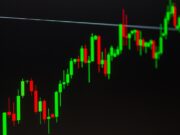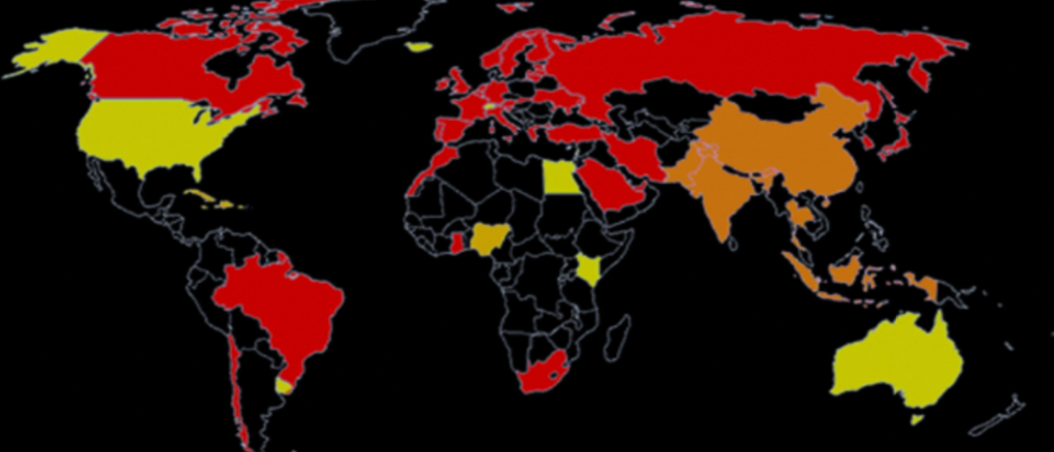The right stocks can make you rich and change your life.
The wrong stocks, though… They can do a whole lot more than “underperform.” If only! They can eviscerate your wealth, bleeding out your hard-won profits.
They’re pure portfolio poison.
Surprisingly, not many investors want to talk about this. You certainly don’t hear about the danger in the mainstream media – until it’s too late.
That’s not to suggest they’re obscure companies – some of the “toxic stocks” I’m going to name for you are, in fact, regularly in the headlines for other reasons, often in glowing terms.
I’m going to run down the list and give you a chance to learn the names of three companies I think everyone should own instead.
But first, if you own any or all of these “toxic stocks,” sell them today…
Check Point Software Technologies (CHKP)
Check Point develops a range of cybersecurity products and services globally. In terms of financial performance, the company has delivered mixed results. Although it has maintained bottom-line profitability for over two decades, Check Point’s revenue growth over the past five years has settled in the low single-digit range.
CHKP shares are down 1% YTD and are only up a fraction of a percent over the past twelve months. “Amid a tech sub-vertical characterized by rapid growth, this lukewarm share performance stands out like a blemish.
[stock_market_widget type=”accordion” template=”extended” color=”#5679FF” assets=”CHKP” start_expanded=”true” display_currency_symbol=”true” api=”yf”]
Algoma Steel (ASTL)
Algoma Steel has been battling lower steel prices, higher input costs, and weak demand, particularly in the North American housing sector. But the truth is, Algoma Steel has been a lousy investment for years. Since early 2021, ASTL stock has dropped more than 25%, including a 22% pullback in the last 12 months.
Algoma Steel recently reported that its net income for its fiscal fourth quarter plummeted 108% from a year earlier due to lower steel prices and weakening demand for its products. The company reported a fiscal Q4 net loss of $20.4 million, down from a net profit of $242.9 million in 2022. That equated to a loss per share of 19 cents — a dramatic difference from income of $1.45 a share just a year ago. We don’t foresee a significant shift for ASTL anytime soon.
[stock_market_widget type=”accordion” template=”extended” color=”#5679FF” assets=”ASTL” start_expanded=”true” display_currency_symbol=”true” api=”yf”]
Gap Inc. (GPS)
Interest rates in America are now at their highest level in 16 years. While higher rates might tame inflation in the long run, they will likely slow the economy in the near term and negatively impact certain market areas. Clothing retailers like Gap Inc. tend to suffer when consumers cut back on discretionary spending. This reality has been reflected in Gap’s earnings performance, which has been disappointing over multiple quarters. The current high-interest rate climate has proven to be a double whammy for The Gap, coming from two years of pandemic restrictions at its stores.
The retailer will likely continue struggling while rates remain high and consumers tighten their purse strings. Slowing sales, poor financial results, and pressure from higher interest rates have pushed GPS stock 32% lower in the last year. The company’s share price is now down nearly 70% over the past five years. The current consensus among 20 polled analysts is to Hold Gap shares.
[stock_market_widget type=”accordion” template=”extended” color=”#5679FF” assets=”GPS” start_expanded=”true” display_currency_symbol=”true” api=”yf”]











